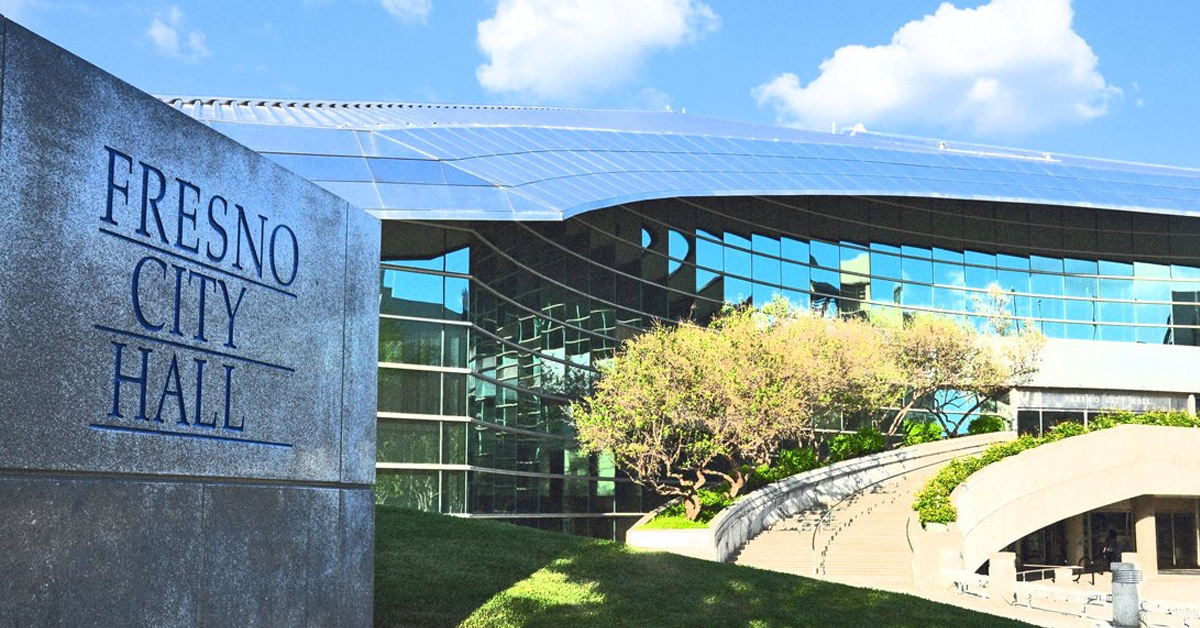After several years of devastating wildfires around California, Republican members of the House Committee on Natural Resources are calling for common-sense changes to the nation’s forest management practices.
Friday, the committee’s GOP members held a field hearing in Yosemite National Park to discuss forest management.
The big picture: Over 72 million acres have been torched by wildfires over the last decade across the country, which is roughly equal to the size of Arizona.
- California’s wildfires have been especially devastating, with 8.7 million acres burned in the Golden State in the last five years. That totals 22 percent of total acreage burned in the United States across that time period.
- Committee Chair Bruce Westerman (R–Ark.) pointed to the demise of the logging industry as one of the major issues plaguing forests today. Historically, California had 64 trees per acre, a number that has risen to over 300 in the present day, forcing trees to compete for the limited resources available that they need to survive.
- The hearing also focused on two laws passed in the 1970 which representatives pointed the blame at for hurting the nation’s forests and contributing to intense wildfires: the National Environmental Policy Act and the Endangered Species Act.
- According to Rep. Tom McClintock (R–Elk Grove), who represents Yosemite National park, a simple forest management plan takes an average of 4.5 years to complete – one example of overregulation that has decimated forest management.
What we’re watching: Westerman and McClintock teamed up with Speaker Kevin McCarthy (R–Bakersfield), Rep. Jim Costa (D–Fresno), Rep. David Valadao (R–Hanford) and other bipartisan members of Congress to reintroduce the Save Our Sequoias Act in April.
- The Save Our Sequoias Act would, in part, streamline and expedite environmental reviews and consultations for California’s sequoia groves, allow the National Park Foundation and National Forest Foundation to accept private donations to facilitate Giant Sequoia restoration and resiliency and establish a comprehensive reforestation strategy to regenerate Giant Sequoias in areas destroyed by recent wildfires.
- Another bill the committee discussed is the Proven Forest Management Act, which was introduced by McClintock in January. The bill would expand the categorical exclusion for forest management projects that was given to the Tahoe Basin in 2016 throughout the entire National Forest System. It would expedite forest thinning projects under certain conditions, cutting down on lengthy environmental studies and reports.
What they’re saying: “Excess timber will come out of the forest, and it comes out in only two ways: either we will carry it out or nature will burn it out,” McClintock said.
- Rep. John Duarte (R–Modesto) added, “We have to get to a point where we respect the loggers, the ranchers of the true stewards of these lands, or we are simply going to lose them to catastrophic fire.”
- Westerman said the county needs to embrace a new conservation ethos, striking the right balance between corrective actions and the meeting the current needs presented by the forests.
- “We’ve fallen far short of truly conserving our public lands, including Yosemite,” Westerman said. “Over a century of fire mismanagement have transitioned our federal forests from garden-like sanctuaries to overstocked, over-stressed thickets that are incinerating at a rapid pace.”









